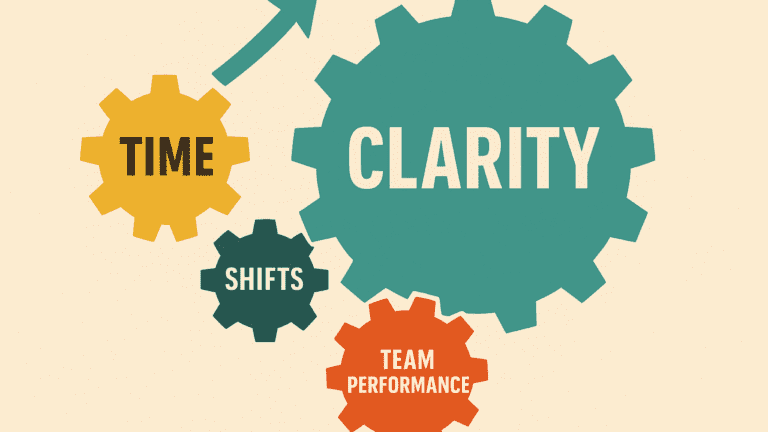The Five Components of Sales Mastery
Sales mastery isn’t about luck—it’s about discipline, skills, and strategies that consistently drive results. Whether you’re a seasoned pro or just sharpening your edge, there are five core components every high-performing salesperson must master. Let’s break them down:
1. Sales Techniques Mastery
Sales mastery begins with mastering the fundamentals: objection handling, storytelling, consultative selling, and closing strategies. These aren’t just “nice to have”—they’re the difference between hoping for a sale and guiding a buyer with confidence. Why it matters: When you refine your technique, you not only increase conversion rates but also build trust, improve customer relationships, and position yourself as the authority buyers want to follow. The result? More consistent revenue and higher commissions.
2. Pipeline Management Tools
A great salesperson doesn’t just chase deals—they manage them with precision. CRM systems and structured frameworks allow you to track, nurture, and move prospects seamlessly through the funnel. Why it matters: Strong pipeline management prevents lost opportunities, shortens sales cycles, and gives you accurate forecasting. It ensures you’re focused on the right deals at the right time—fueling steady, predictable growth.
3. Negotiation Skills
Negotiation isn’t about squeezing the other side—it’s about creating value for both. The best sales professionals know how to build win-win scenarios, maximize deal value, and protect trust at the same time. Why it matters: Sharpened negotiation skills lead to higher profit margins, better terms, and long-lasting client partnerships. They also give you the confidence to handle tough conversations without blinking.
4. Time Management & Goal Setting
The highest-earning salespeople don’t just work hard—they work smart. Time-blocking, prioritization frameworks, and SMART goals transform busy schedules into intentional action. Why it matters: Mastering your time reduces stress, keeps you focused on revenue-generating activities, and creates momentum toward bigger wins. Goal setting builds accountability and keeps you pushing toward the next level of performance.
5. Targeted Lead Generation
You don’t need more leads—you need the right leads. By leveraging data, market research, and personalized outreach, you attract the prospects most likely to buy. Why it matters: Targeted lead generation increases conversions, minimizes wasted effort, and aligns sales with marketing for a healthier, more predictable pipeline.


